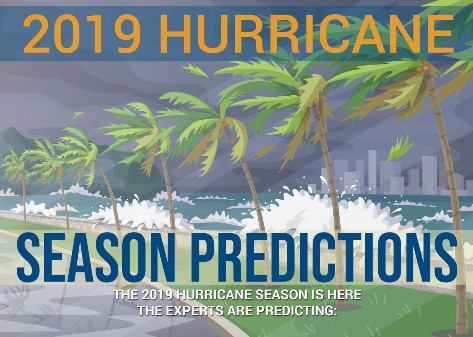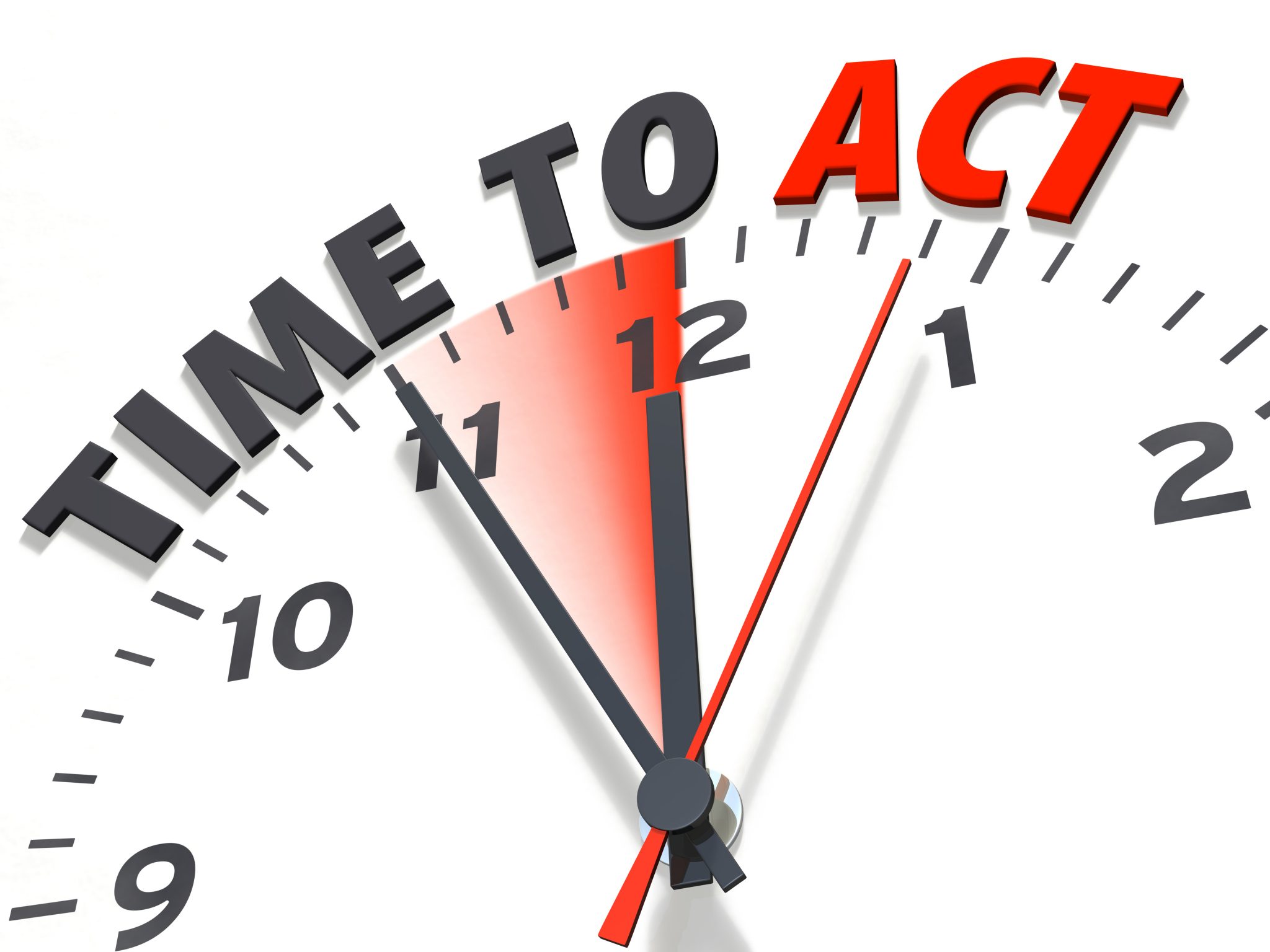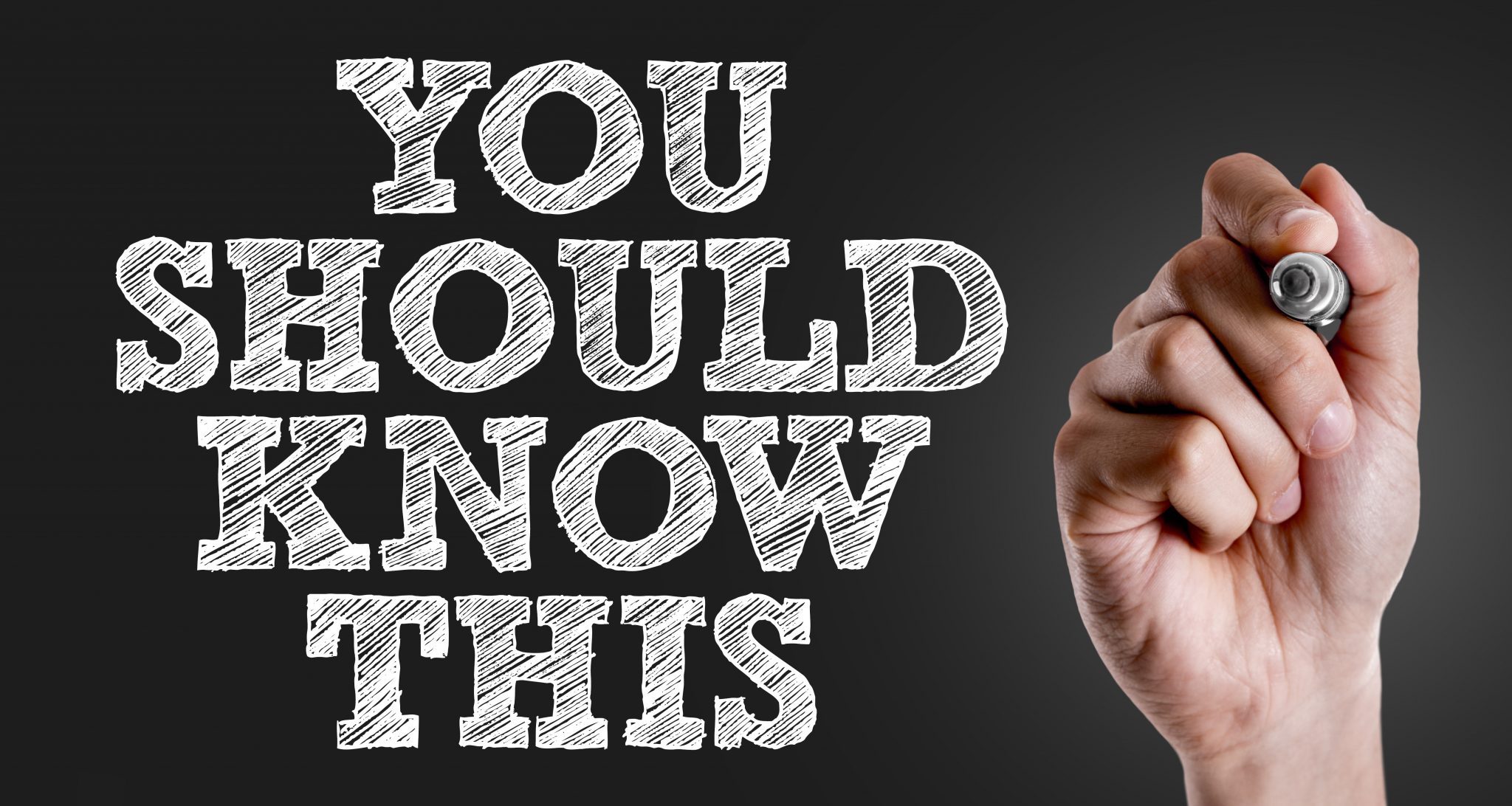- WE’RE HERE TO HELP 24/7
- 800.586.5555
Florida’s New Hurricane Claim Law and What It Means for Filers

2019 Hurricane Season Predictions (Infographic)
August 15, 2019
How Long Do You Have to File a Hurricane Claim in Florida?
August 15, 2019Florida’s New Hurricane Claim Law and What It Means for Filers

Florida House Bill 7065 went into effect on July 1, 2019, and it has the potential to have a significant impact on homeowners and contractors who rely on hurricane claims to rebuild after a storm devastates their community.1
What does this new hurricane insurance claim law mean for you?
Targeted at Assignment-of-Benefits (AOB) Agreements for Hurricane Damage Claims
The law is specifically targeted at the practice of using assignment-of-benefit agreements to pay for hurricane damage repairs. An assignment-of-benefit agreement essentially entails signing your insurance claim payment over to a contractor to act as payment for hurricane damage repairs they perform. These agreements often meant it was the contractors who ended up battling the insurance company for claim settlements rather than the homeowners themselves having to deal with the insurance company.2
The insurance industry has been crying foul in recent years, arguing that some bad-apple contractors and their attorneys were taking advantage of homeowners and their policies, artificially inflating and exaggerating damages to get more out of insurance claims than the hurricane damage actually cost to repair.
From the homeowners perspective, a properly drafted assignment-of-benefits agreement with a reputable, honest contractor is a huge benefit. Without an assignment-of-benefits agreement, homeowners had to deal with the insurance company themselves and many weren’t able to afford repairs until after the claim was settled, which could potentially take months or even years.
With the agreements, homeowners could get repairs in a timely matter, even if the claim hadn’t settled. This also saved the homeowners from having to deal with the insurance company’s antics.
The new law makes it harder for contractors to collect on AOB agreements by increasing the claimant’s evidentiary standards, shifting some of the burden of proof from the insurance company to the contractor and applying a number of restrictions and conditions to the assignment of these agreements.
The law also requires the contractor and attorney to inform the policyholder of AOB lawsuits and makes it more difficult for attorneys who file frivolous AOB lawsuits to collect fees.
Previous to the law, contractors could bring lawsuits against a policyholders’ insurance company without the policyholder even realizing their name and insurance policy was being used to file a potentially frivolous lawsuit, which could negatively impact their standing with the insurance company and, potentially, their future rates and eligibility for coverage.3
As a Homeowner, Should You Be Worried About the New Florida Hurricane Claim Law?
There’s good and bad news for homeowners.
The good news is the new law will discourage bad actors in the contracting and restoration industry from filing frivolous AOB lawsuits. Previously, those contractors and their attorneys were taking advantage of homeowners and insurance companies by inflating AOB agreements and then filing a wave of frivolous lawsuits that Florida’s court system was struggling to manage.
Some insurance companies have also promised lower insurance premiums that will reflect the reduced costs on their end thanks to the elimination of frivolous lawsuits that will result from the new law.
The bad news is the law may discourage even honest contractors from accepting AOB agreements due to the more stringent standard and rules surrounding them. The law does have the potential to increase the chance policy holders will be handed lowball claims more frequently, which will make it harder for them to pay reputable contractors to do quality repair and restoration work.
This Doesn’t Affect YOUR Ability to Take the Insurance Company to Court for Fair Claim Payments
The new law only affects lawsuits filed with an assignment-of-benefits agreement, meaning lawsuits filed by contractors and their attorneys. It doesn’t discourage lawsuits filed by homeowners and their hurricane damage attorneys who are trying to get the actual policyholder the fair claim payment they need to pay a contractor for repairs.
Will My Insurance Rates Be Reduced Thanks to the New Bill?
Whether or not you will enjoy a reduced homeowners insurance premium due to the new law will be highly reliant on which insurer you have. State Farm Florida, which stopped writing new homeowners policies following the costly hurricanes in 2004 and 2005, is proposing a premium rate cut of 14.4 percent. Approximately 300,000 of Florida’s State Farm policyholders could potentially see a reduction in their premiums.4
Roughly 117,000 People’s Trust Insurance policyholders may get a 9.9 percent reduction in rates, if the rate cut is approved by Florida insurance regulators.
However, there are some clouds on the horizon, specifically in the form of reinsurance rate hikes on the insurance companies. Insurance companies are required to carry insurance themselves, known as reinsurance, specifically to prevent them from becoming insolvent in the event of a major catastrophe like a serious hurricane.
Reinsurance companies have been proposing rate increases in the range of 10 to 30 percent on their insurance company customers, and the insurance companies will likely be passing those rate increases on to policy holders.
The Bottom Line
If your home has suffered hurricane damage, you are still entitled to a fair settlement. The new law doesn’t change that or prevent you from hiring an independent insurance claims adjuster or a hurricane damage attorney if your insurance company is trying to lowball your claim.
If you find yourself in a situation where you can’t pay for the hurricane damage repairs you need because your insurance company is holding up your claim or denying legitimate damages that should be covered, it is likely still in your interest to reach out to a property damage attorney or an independent claims adjuster.
